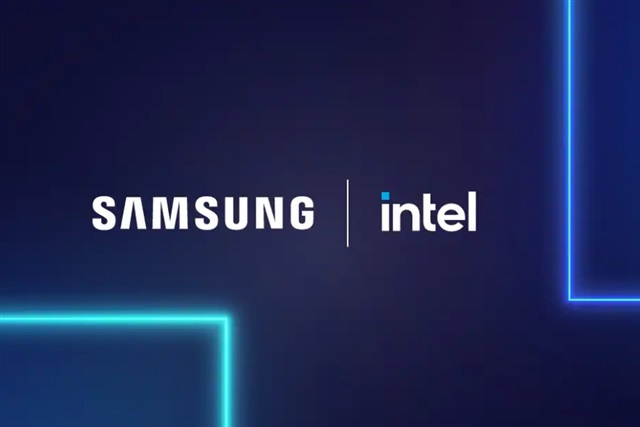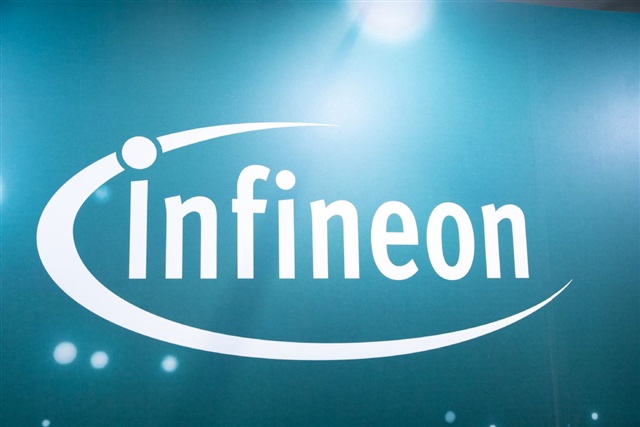“GaN technology is paving the way for more energy-efficient and CO 2-saving solutions that support decarbonization. Adoption in applications like mobile charging, data center power supplies, residential solar inverters, and onboard chargers for electric vehicles is at the tipping point, leading to a dynamic market growth,” said Jochen Hanebeck (pictured) CEO of Infineon. “The planned acquisition of GaN Systems will significantly accelerate our GaN roadmap, based on unmatched R&D resources, application understanding and customer project pipeline. Following our strategy, the combination will further strengthen Infineon’s leadership in Power Systems through mastery of all relevant power technologies, be it on silicon, silicon carbide or gallium nitride.”
As a wide bandgap material, GaN offers customer value by higher power density, higher efficiency, and size reductions, especially at higher switching frequencies.
These properties enable energy savings and smaller form factors, making GaN suited for a wide range of applications.
GaN is becoming a key material for power semiconductors, alongside silicon and silicon-carbide, and coupled with new topologies, such as Hybrid Flyback and multi-level implementations.
In February 2022, Infineon announced doubling down on wide bandgap by investing more than €2 billion in a new frontend fab in Kulim, Malaysia, strengthening its market position.
The first wafers will leave the fab in the second half of 2024, adding to Infineon’s existing wide bandgap manufacturing capacities in Villach, Austria.
Stay up to date with the latest in industry offers by subscribing us. Our newsletter is your key to receiving expert tips.

Samsung is reportedly evaluating a potential European semiconductor expansion alongside its South Korea and US manufacturing base, as the region tightens local production requirements and Germany seek

Given frequent price increases across precious metals, wafer foundry services, and packaging and testing, Infineon's announcement of price increases is very telling for the market. The company wil

Nvidia has recently signaled to Samsung Electronics that it hopes to secure early deliveries of sixth-generation high-bandwidth memory, known as HBM4. At the same time, as memory makers devote an incr